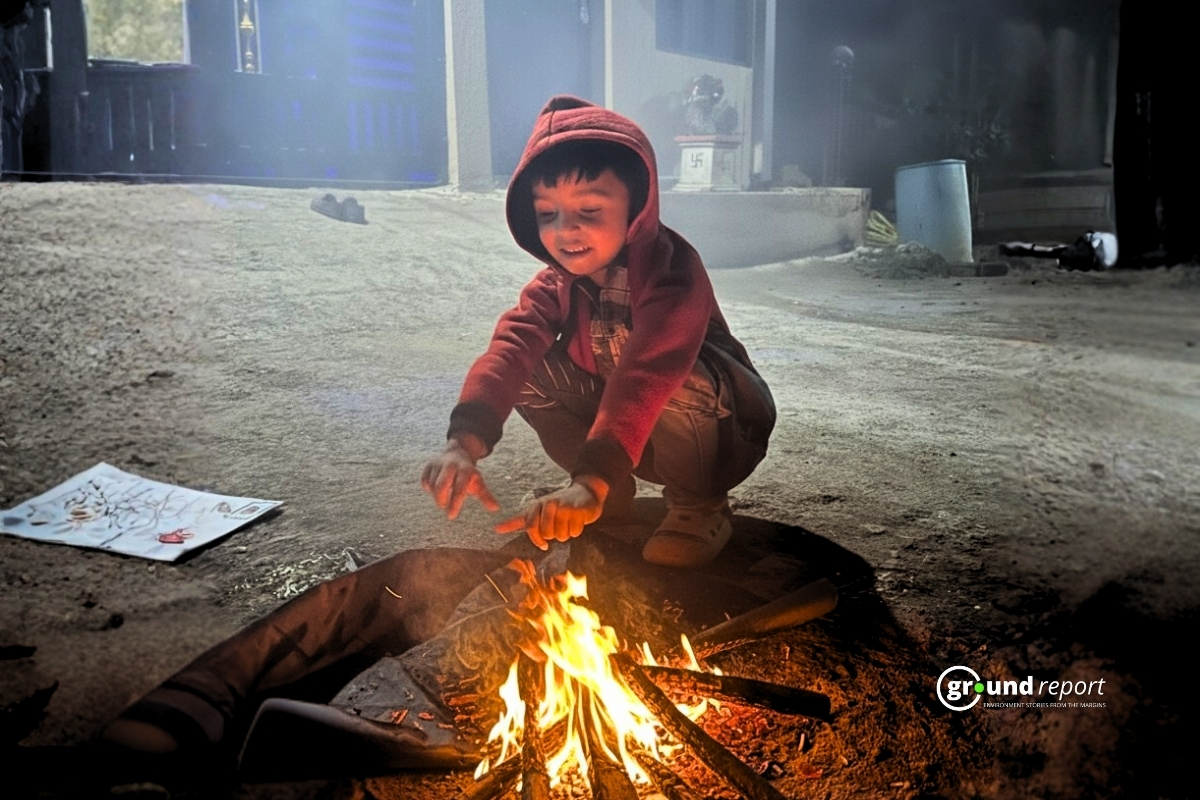A Thai crocodile farmer nicknamed “Crocodile X” made headlines after killing over 150 endangered Siamese crocodiles to prevent their escape during Typhoon Yagi. Natthapak Khumkad, 37, operates a crocodile farm in Lamphun, northern Thailand, and faced a choice when he realized the wall securing his crocodile enclosure was about to collapse due to the storm.
Farmer kills crocodiles to prevent escape
Chaos began on September 22, as Typhoon Yagi struck the region. With dangerous winds, Natthapak recognized the immediate threat to the reptiles and the local community. “I had to make the most difficult decision of my life to kill them all,” he told CNN. To avoid disaster, he and his family deliberated on the consequences of allowing the crocodiles to escape. Their conclusion was grim: “If the wall collapsed, the damage to people’s lives would be far bigger than we can control.”
Natthapak euthanized 125 crocodiles within 24 hours using electrocution. He reflected on the urgency, stating, “I had to decide in less than 24 hours when I saw the erosion progress.” His swift action was a last resort to safeguard lives, and he felt a heavy burden carrying out this task.
Typhoon Yagi, Asia’s most powerful storm of the year, has devastated southern China and Southeast Asia, causing extensive damage in Thailand. The storm has claimed at least nine lives and caused significant flooding, submerging homes and villages, highlighting the increasing severity of climate change-linked natural disasters.
Benjamin Horton, director of the Earth Observatory of Singapore, emphasized climate change’s role in amplifying storm intensity. “Storms like Yagi are getting stronger due to climate change, primarily because warmer ocean waters provide more energy,” he explained.
Natural disasters threaten wildlife and habitats
Natural disasters like Yagi severely impact wildlife. According to the International Fund for Animal Welfare, such events can leave animals stranded, in danger of drowning or separated from their owners and habitats. In 2022, Hurricane Ian devastated a Florida sanctuary, showing the risks extend beyond human communities.
Siamese crocodiles are critically endangered, with a wild population of a few hundred. Climate change and human encroachment have worsened their decline due to hunting and habitat loss. The lucrative crocodile farming industry in Thailand generates 6-7 billion Thai baht (about $215 million) annually, presenting a complex relationship between commerce and conservation.
Natthapak’s farm, operational for 17 years, survived rainy seasons until this year’s storms. The crocodiles were bred for their skins, meat, and other products, but their fate changed during the typhoon. Among those euthanized was Ai Harn, the oldest male crocodile, renowned for his breeding success and size.
Pornthip Nualanong, chief of Lamphun’s fishery office, praised Natthapak’s difficult decision as “brave and responsible.” She highlighted the potential danger of adult crocodiles escaping into nearby paddy fields, reinforcing the need for preventive measures in emergencies.
Support us to keep independent environmental journalism alive in India.
Keep Reading
Part 1: Cloudburst in Ganderbal’s Padabal village & unfulfilled promises
India braces for intense 2024 monsoon amid recent deadly weather trends
Follow Ground Report on X, Instagram and Facebook for environmental and underreported stories from the margins. Give us feedback on our email id greport2018@gmail.com.
Don’t forget to Subscribe to our weekly newsletter, Join our community on WhatsApp, and Follow our YouTube Channel for video stories.






